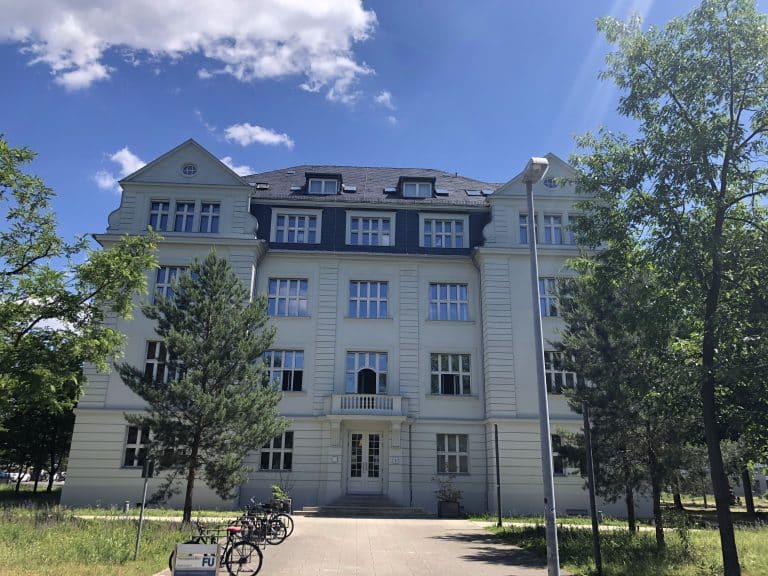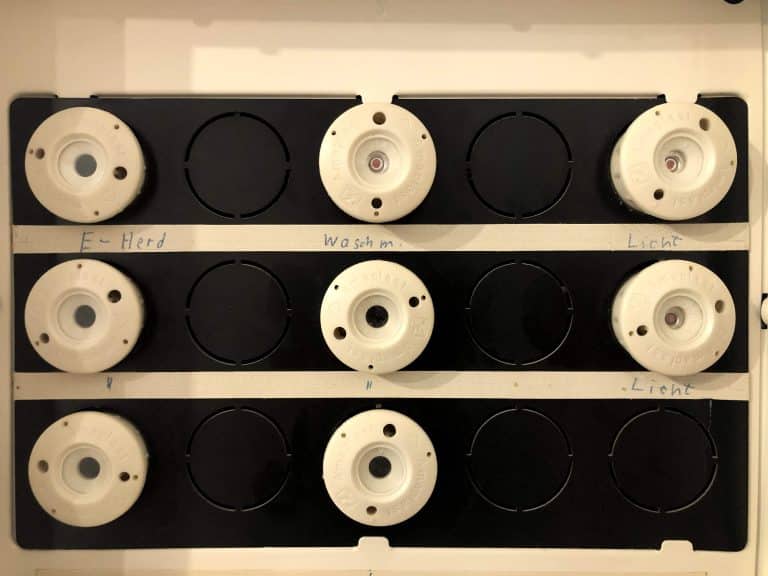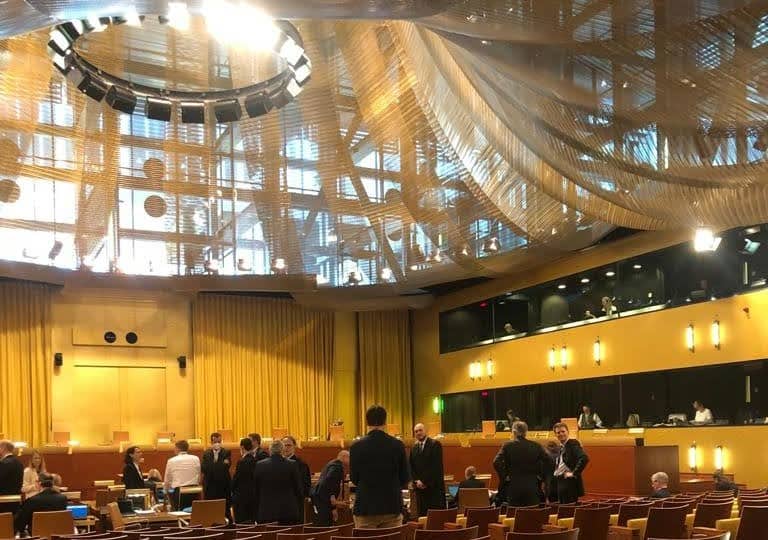The DMA is aimed at digital platforms and is intended to subject them to a sector-specific market regulation regime. For this purpose, a blacklist of measures that are no longer tolerated from a competitive point of view is to be included, which are prohibited for “gatekeepers”. In addition, the EU Commission is to be given extended possibilities to investigate the market in order to identify further possible addressees of these regulations.
Scope of protection and application
The title of the draft already reveals that this regulation is parallel to the other instruments of market regulation. It reads “on contestable and fair markets in the digital sector”. Art. 1 para. 1 DMA provides that this contestability and fairness is guaranteed in digital markets where gatekeepers are active.
The difference to antitrust law: With these two objectives, the DMA deviates from the antitrust law principle of competition policy neutrality. Its addressees should no longer be able to freely dispose of the freedoms of competition, which are only limited by the per se prohibitions under antitrust law, but should also be given a concrete direction through positive regulatory requirements.
Gatekeeper
The regulation is aimed at so-called gatekeepers. According to Art. 2 No. 1 DMA, these are defined as operators of central platform services, which are designated according to Art. 3 DMA. The central platform services covered are listed enumeratively in Art. 2 No. 2 DMA and cover typical examples of the occurrence of digital platforms. In addition, there is the formal designation as gatekeeper according to Art. 3 DMA.
Difference to the German GWB: Unlike Section 19a ARC, however, the gatekeeper position does not only come about as a result of a formal administrative procedure. Rather, according to Art. 3 para. 2 DMA, the operator has an active duty to notify, non-compliance with which can be sanctioned according to Art. 26 para. 2 lit. a DMA.
Degree of harmonisation
According to Art. 1 para. 5 DMA, member states may not impose any further obligations to ensure contestable and fair markets. The application of the antitrust provisions remains in place. This already follows from the other scope of protection of competition.
Conflict with Section 19a of the ARC: However, this could become critical with regard to the application of the newly introduced Section 19a GWB. This provision is embedded next to the other provisions on abuse control in the German GWB. However, especially with regard to the positive examples in Section 19a (2) GWB, it is obvious that the purpose of this provision is also to ensure competitive contestability. Thus, a conflict could arise here.
Distinction from the regulation of interpersonal communications services
Art. 1(3) DMA is intended to clarify that this instrument is not intended to regulate electronic communications networks (aka telecommunications networks) and also, in principle, not electronic communications services (aka telecommunications services). Excluded from this — i.e. covered by the DMA — are interpersonal communications services. Number-independent interpersonal communications services are also listed in Art. 2 No. 2 lit. e DMA in the list of central platform services.
Relationship to the EECC: Furthermore, it is clarified that the regulation of interpersonal communications services under the EECC is not to be affected:
- The scope of application for number-independent interpersonal communications services for regulation is, however, limited to interoperability obligations. Accordingly, the DMA‑E would cover the need for market regulation here in other respects.
- The legislative competition will be much more intense for number-based interpersonal communications services, which are already covered by more regulations under the EECC. However, this could be resolved according to the fact that market regulation under telecommunications law is only directed at infrastructure operators. Accordingly, the procedural overlaps could be rather small.
When does one become a gatekeeper?
Art. 3 para. 1 DMA provides the material prerequisites for the need for regulation as a gatekeeper. Art. 3 para. 2 DMA specifies threshold values above which it can be assumed that the requirement is met. This is presented as follows:
- Significant impact on the internal market = Operating company with: Turnover: At least EUR 6.5 billion turnover last three financial years in the EEA or EUR 65 billion market capitalisation/market value in the last financial year and. Distribution: Operation of a central platform service in at least three Member States.
- Operation of a central platform service that serves as an important gateway to end users for commercial users = Operation of central platform service in the last financial year. MAU: To > 45 million monthly active users (MAU) established/residing in the Union; and YABU: with > 10,000 annual active business users established in the Union (YABU).
- Holding or foreseeable attainment in the near future of a consolidated and lasting position with regard to its activities = thresholds for the first two conditions reached over the last three financial years.
Market assessment beyond cartel law: From these prerequisites it becomes clear that the addressee position is not linked to cartel law criteria of market analysis. This is always challenged before complex platform cases. For this reason alone, the calls for a more effective market analysis have increased.
Sector-specific approach: The approach of the draft DMA is consistent insofar as the requirements are linked sector-specifically to the platform structure and to figures that are comparatively easy to prove empirically.


















